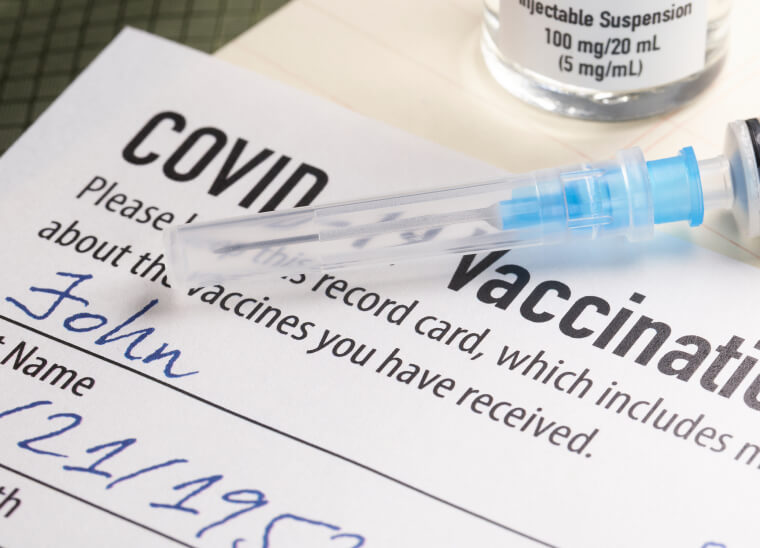COVID-19 has taught everyone — medical professionals and everyday people — so much since the first cases were reported in the United States. For those not on the front lines of the pandemic, we might have learned how to sew our own masks or gotten a crash course on the epidemiology basics that kept us all safe (like proper hand washing and maintaining physical distance).
For medical providers, the COVID-19 pandemic presented challenge after challenge when it came to treating and, eventually, mitigating the widespread presence of the novel coronavirus. Here, two Eden clinicians recount some of the lessons they learned throughout the pandemic.
PATIENT COMMUNICATION
“COVID-19 forced us to rethink our roles, team structure, and approach to patient education during such a sensitive time,” said Stephanie Pham, a Physician Assistant at Eden Health. “In the early stages of the pandemic, providers were tasked with finding COVID-19 testing sites in real time for our patients, which proved especially difficult when there was a lack of resources or availability in that patient’s geographical area.”
“Patients were struggling with coping with the pandemic, their new home dynamics and even the loss of financial stability, which we had to consider while providing education to help them understand their risk factors, the necessity for testing, isolating, and quarantining. For non-native English speaking patient populations, we had to address the health disparities in those communities and also assist in providing access to quality care at a high volume. As we developed a more robust navigation team, we were better supported to be more effective and efficient. This allowed us to scale and grow while maintaining the high touch experience that our patients appreciate.”
A SPOTLIGHT ON EXISTING INEQUALITIES
The pandemic laid bare many systemic inequalities in our healthcare system. Data has shown that people of color were (and remain) at greater risk for both contracting COVID-19 and dying from it.
For physicians, these glaring inequalities have underscored how important it is for medical providers to do what is best for the communities they work in, especially when those communities are made up of high-risk individuals.
When vaccines first became available to certain eligible populations nationwide, there were reported incidents of larger medical practices intentionally giving doses to low-risk or (at the time) ineligible individuals.
For Brendan Sullivan, Associate Chief Medical Officer at Eden Health, those allegations of misconduct were disappointing to observe.
“Those alleged actions suggested a willingness to prioritize certain ineligible people, perhaps due to personal connections or other incentives, instead of following government guidelines that allow for more equitable vaccine distribution,” Sullivan said. “Such behavior indicates a real refusal of responsibility on the providers’ part to do what is appropriate for our patients and for our communities.”
“This behavior negatively impacted the eligible, high-risk patients who were denied access to a potentially lifesaving vaccine,” Sullivan continued. “It also erodes the trust patients may hold in the healthcare community and the government at large. And of course, it hurts the providers themselves as they incurred the risk of having their vaccine allocations withdrawn, public partnerships severed, and brand images tarnished.”
NEW CHALLENGES DURING NEW PANDEMIC PHASES
“More recently, providers are tackling vaccine hesitancy among patients,” Pham reported. “It’s our role to help our patients make informed choices regarding their health. It was essential to keep our entire clinical team up-to-date with the latest data to provide accurate information regarding the COVID-19 vaccine and to debunk any myths and misconceptions.”
“We have weekly COVID-19 huddles as a team, which have been critical to our clinical operations during the pandemic. I even share what I learn with my colleagues outside of Eden Health so that we can continue keeping all our communities safe by following best practices.”
EDEN’S COVID-19 SOLUTIONS
Throughout the course of the pandemic, Eden Health deployed over 400,000 COVID-19 screeners and curtailed over 1,500 superspreader events. We can partner with your organization to help execute a safe return-to-work process for your workforce. Contact us today to learn more about how we can provide care to your employees throughout the reopening phase and beyond.





